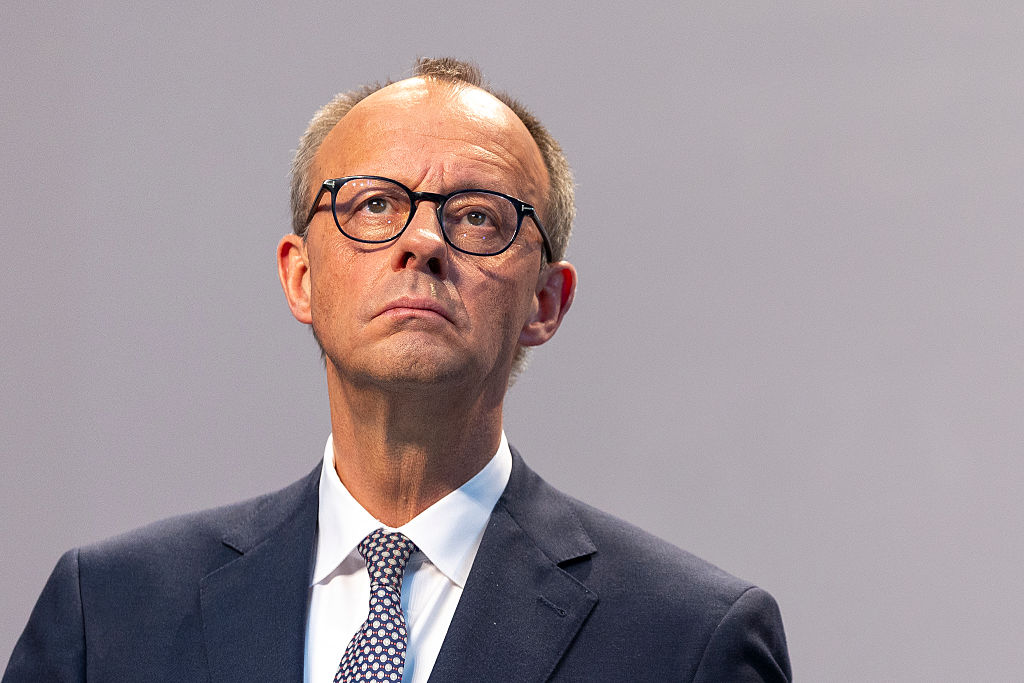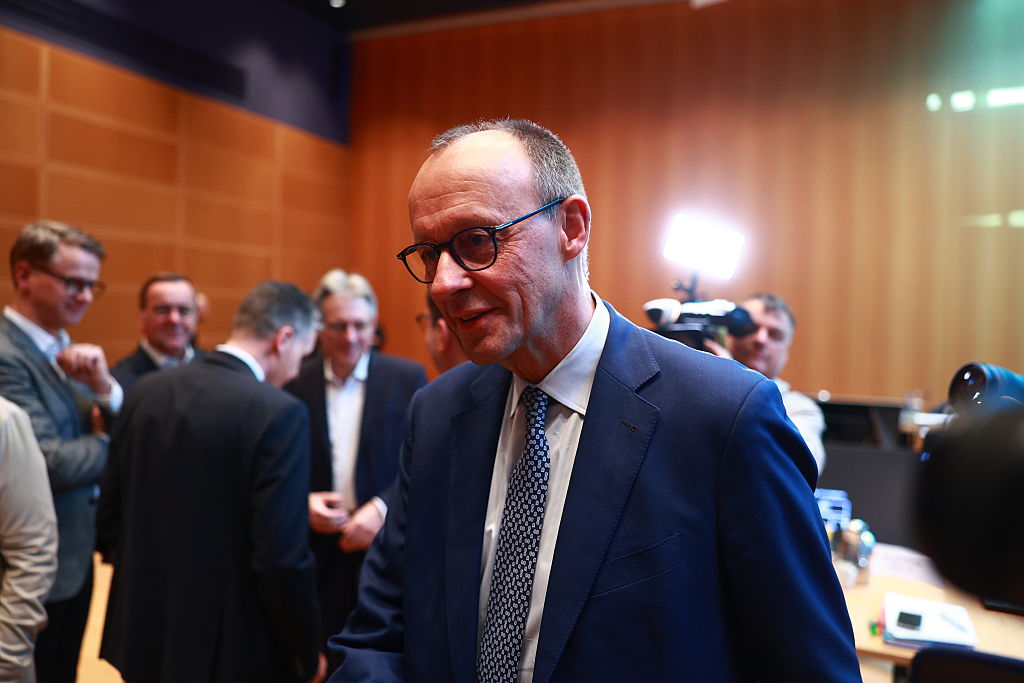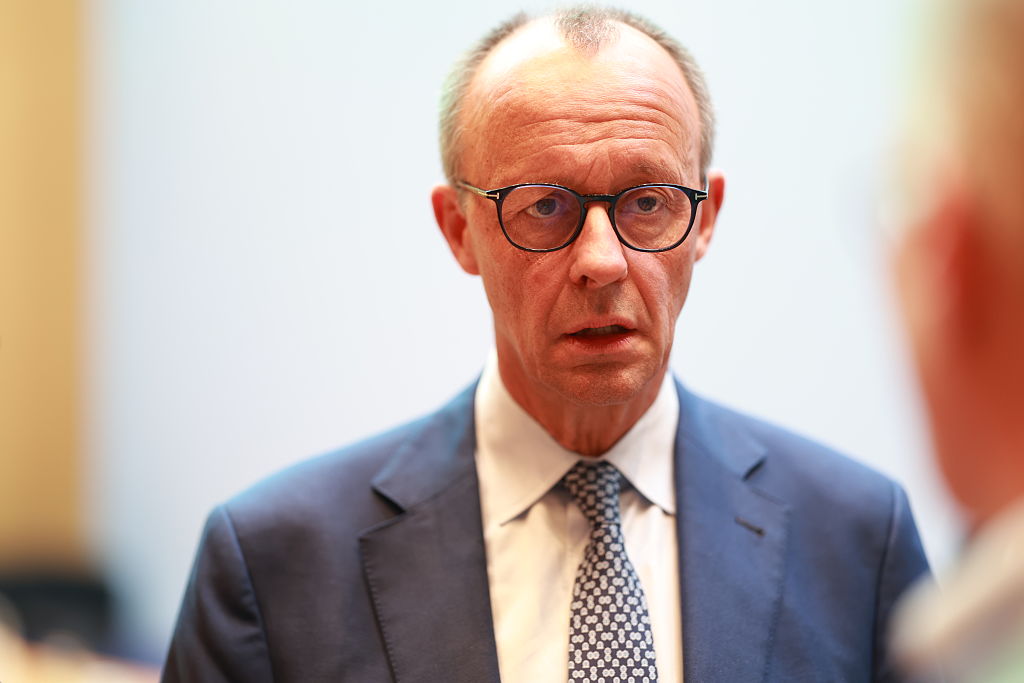Representatives of Germany’s private sector are doubtful about whether the incoming government would be able to revive the country’s languishing economy.
The plans revealed so far have, though, sparked enthusiasm among representatives of the defence industry.
After the presentation of the coalition agreement between Christian Democratic Union (CDU) and Social Democratic Party (SPD) on April 9, the leaders of several business associations criticised the projects as too restrained considering the current geo-economic situation.
Christian Sewing, CEO of Deutsche Bank and president of the Association of German Banks, said he had “wished for more in certain areas” – even though the agreement contained “important points for urgently necessary reforms” in areas such as the labour market and taxation.
The German Chamber of Commerce and Industry (DIHK) said it expected “additional reforms” after the new government under chancellor-in-waiting Friedrich Merz had taken up its role.
DIHK president Peter Adrian criticised the incoming coalition, saying it “had not adequately prioritised strengthening the economy”. He noted that planned corporate tax cuts would only start in 2028 and that there were no plans offered to contain the exploding costs of Germany’s social security system.
Representatives of Germany’s defence sector were on the other hand more upbeat.
The Federal Association of the German Security and Defence Industry (BDSV) welcomed the establishment of a multi-year investment plan for defence spending. It also lauded the coalition’s plans for guaranteed purchasing agreements for munitions and other critical defence goods.
German economists, though, were as underwhelmed as civilian business leaders.
Marcel Fratzscher, president of the left-leaning German Institute for Economic Research, called the coalition agreement “a compromise which retains the status quo and does not address crucial questions for the future”.
Monika Schnitzer, one of Germany’s five “sages of the economy” – an official commission of economists that monitors the economic policies of the government – was critical of the fact that the “economic turnaround” promised by Merz did not seem in sight. “This is unfortunately no programme for growth,” Schnitzer said.
The agreement was also criticised from within the coalition parties.
Some more left-leaning elements of SPD have announced they would vote against the agreement at an upcoming internal ballot – primarily because of the moderate tightening of Germany’s migration policies.





